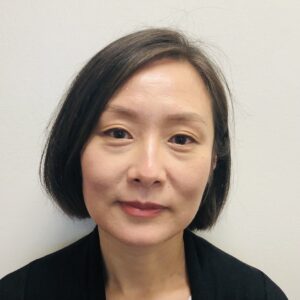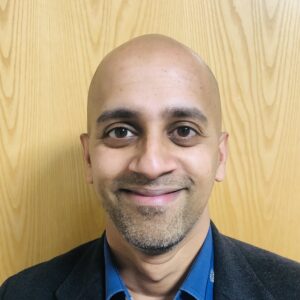Suspect a stroke? Act FAST. Call 999.
This simple test can help you recognise the symptoms of a stroke.
Facial weakness: Can the person smile? Has their mouth or an eye drooped?
Arm weakness: Can the person raise both arms?
Speech problems: Can the person speak clearly and understand what you say?
Time: to call 999 if any of the above symptoms are present
What is a Stroke?
A stroke is a brain attack. It happens when the blood supply to part of your brain is cut off, either due to a blocked blood vessel (ischaemic stroke) or a ruptured blood vessel (brain haemorrhage). Blood carries essential nutrients and oxygen to your brain. Without blood, your brain cells can become damaged or destroyed and unable to work properly. Symptoms can include weakness or numbness on one side of your body, problems with your speech or problems with your vision.
What is a TIA?
A transient ischaemic attack (TIA) happens when your brain’s blood supply is interrupted for a very brief time. This is often called a mini-stroke. The symptoms are the same as a stroke (such as weakness on one side of your body, loss of sight and slurred speech) but they are temporary, often only lasting a few minutes, and then disappearing completely.
What does the Stroke Service of Glasgow and Clyde offer?
If you are referred with a TIA you will be seen at a dedicated TIA clinic of NHS Greater Glasgow and Clyde.
If you are brought to hospital as an emergency with a stroke to the neurology service, you will usually be admitted to an acute stroke unit in hospital, where you will be assessed by the stroke team. You may require tests to determine the cause of the stroke such as brain and blood vessel scans, heart tests and blood tests. If you are within the first few hours of an ischaemic stroke you may be suitable for a specific treatment call ‘stroke thrombolysis’. If you require further care to recover after your stroke you will be cared for at a stroke rehabilitation unit.
Who are the team at the Queen Elizabeth University Hospital?
The stroke team is multidisciplinary. Your medical care will be co-ordinated by a consultant neurologist or stroke physician. Nursing staff in both acute stroke and rehabilitation units are trained specifically in stroke care. You may be seen by the physiotherapy, occupational therapy and speech therapy teams. You may also have contact with the stroke nurse specialists and with the Community Stroke Team after discharge from hospital.
Consultant Neurologists
(who are part of the Queen Elizabeth University Hospital Stroke Team)

Dr Tracey Baird
 Dr Xuya Huang
Dr Xuya Huang
Professor Keith Muir
Dr Fozia Nazir
 Dr Johann Selvarajah
Dr Johann Selvarajah